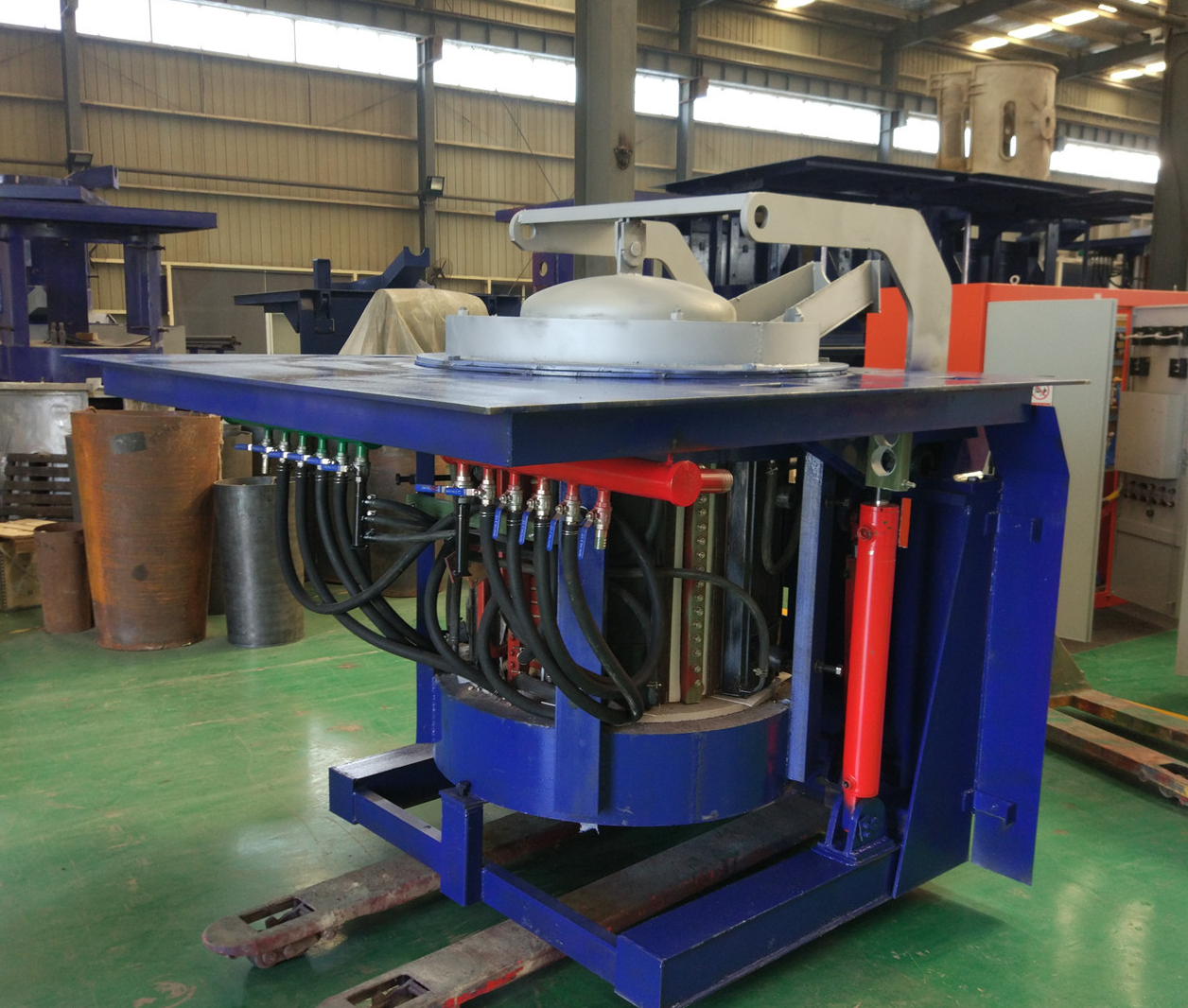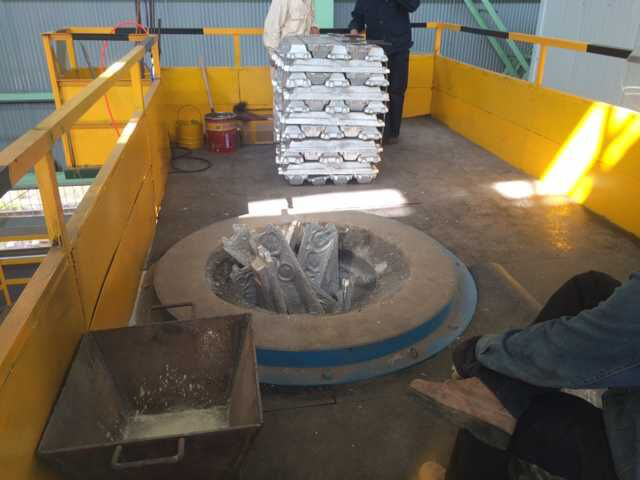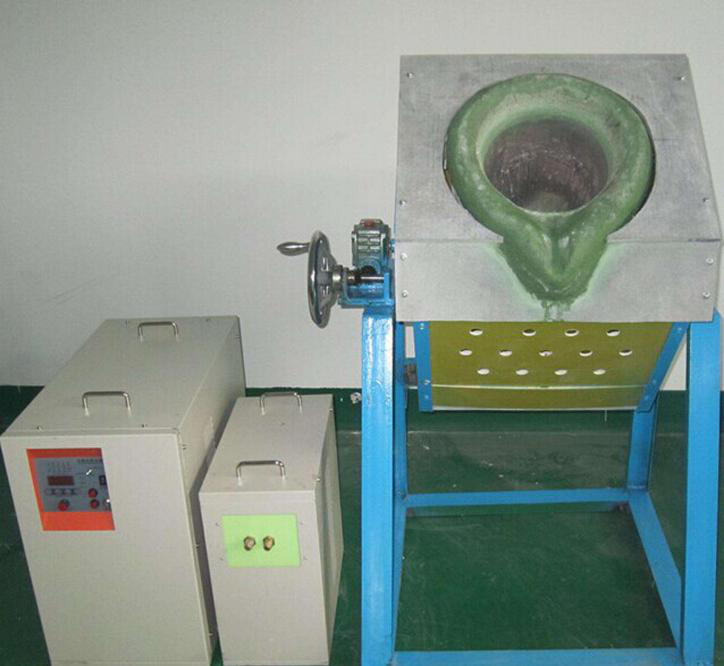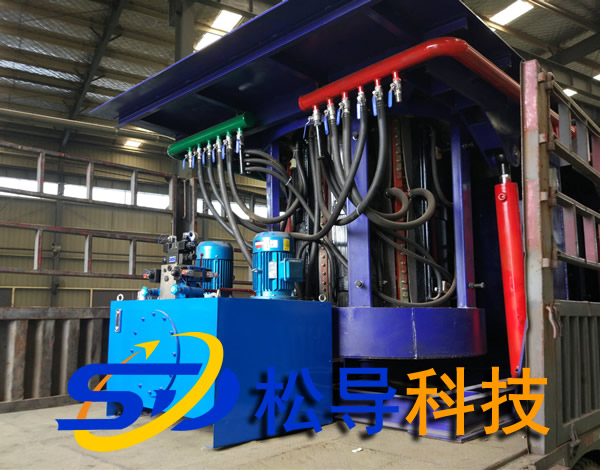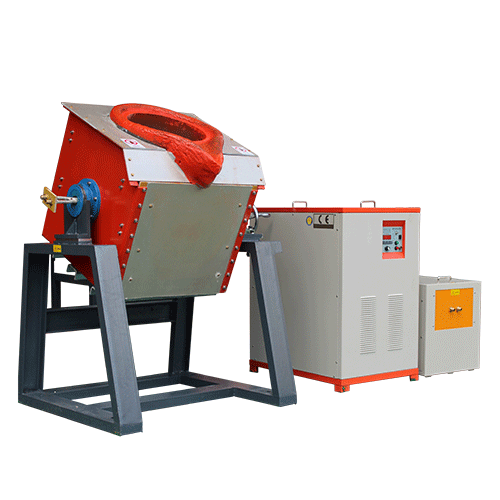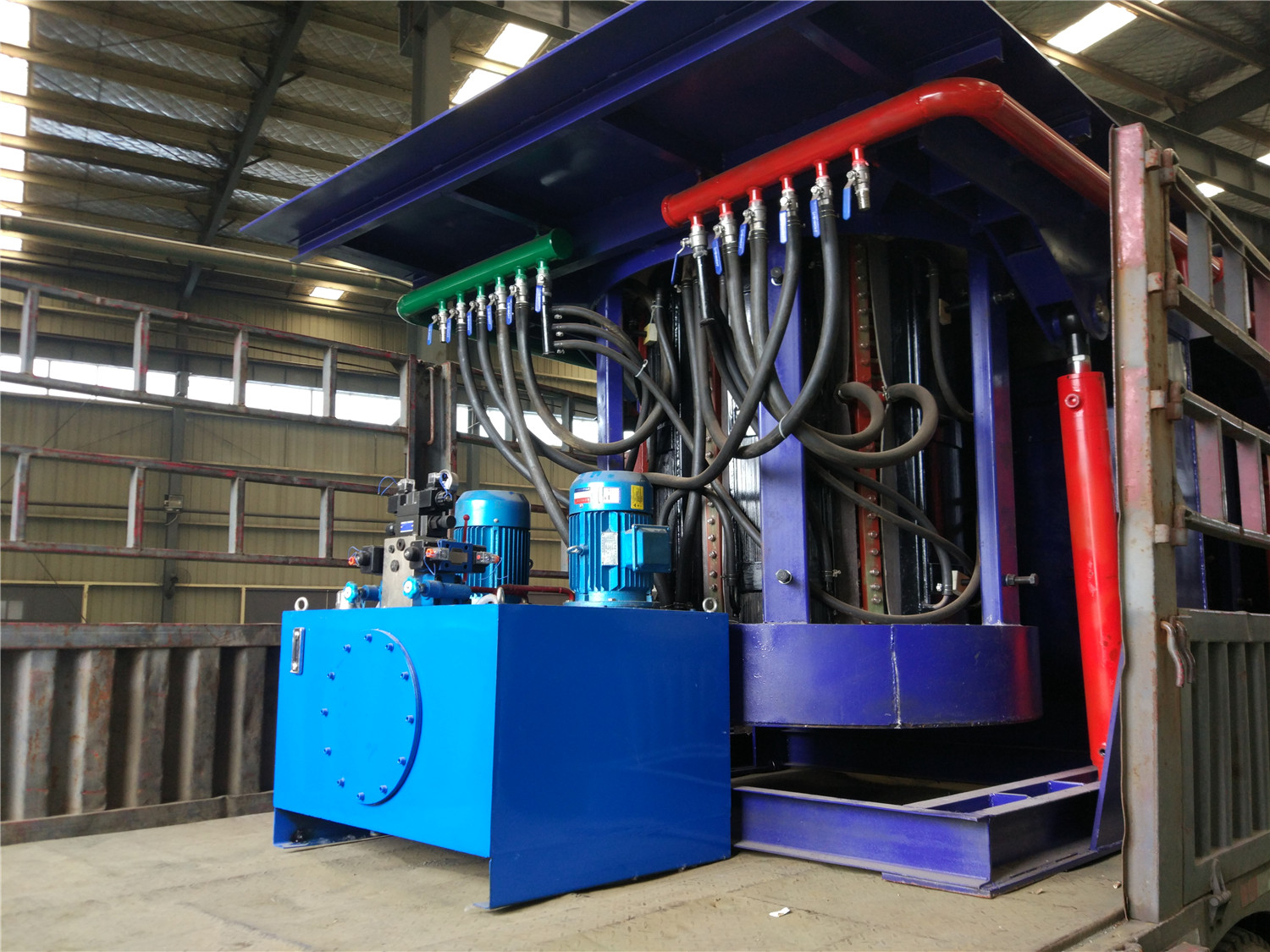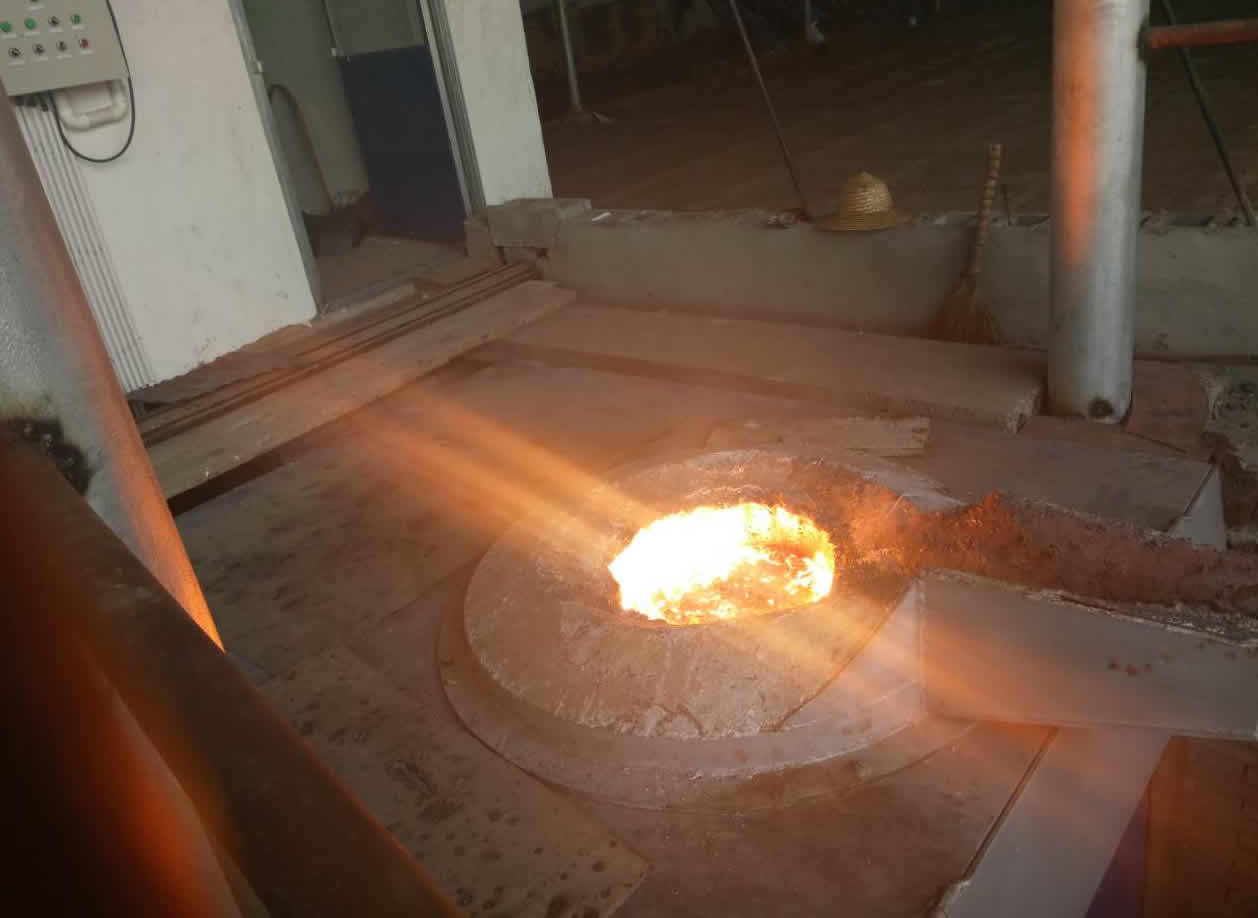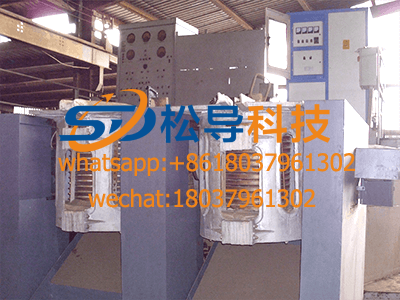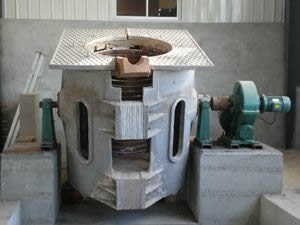Application of high frequency induction heating machine in optical cable manufacturing
High-frequency heating machine--full name "high-frequency induction heating machine", also known as high-frequency induction heating equipment, high-frequency induction heating device, high-frequency heating power supply, high-frequency power supply, high-frequency welding machine, high-frequency induction heating machine, high-cycle induction Heater (welder), etc. It is mainly used for inductive heating of metal (non-contact); it can heat the metal very fast, has power saving, small size, convenient installation, convenient operation, reliable, heating speed The advantages of quick waiting, the application range is very wide.
Principle introduction
It is well known that the water seepage performance of optical cable is an environmental performance index strictly required by each user, and the ladle structure optical cable is easy to seep in the steel belt lap joint. The traditional method generally uses hot melt adhesive to fill the steel strip to completely prevent the water from seeping. . However, there are many disadvantages in the traditional way. For example, insufficient glue will cause water seepage. If the amount of glue is too much, it will cause bagging when the sheath is extruded. Therefore, it is difficult to control the amount of glue. It is also because the surface of the steel strip is gathered. The ester film is not firmly bonded at the core and causes the sheath to be unpacked. The new process adopts the principle of high-frequency induction heating to melt the surface coating of the steel strip, which not only makes the steel strip bond firmly, but also improves the bond strength between the steel strip and the sheath, completely solving the water seepage problem and the sheath. Out of the package phenomenon.
The principle of high-frequency induction heating is that the dielectric material undergoes molecular polarization under the action of high-frequency electric field and is arranged in the direction of the electric field. Since the high-frequency electric field changes the molecular direction at an extremely fast speed, the dielectric material will be damaged by dielectric. heat. The high frequency current flows into a heating coil (usually made of a copper tube) that is wound into a ring or other shape. Thereby, a strong magnetic flux whose polarity changes instantaneously is generated in the coil, and a heated substance such as a metal is placed in the coil, and the magnetic flux penetrates the entire heated substance, and a large vortex is generated in a direction opposite to the heating current inside the heated substance. The current, the Joule heat generated by the resistance in the material to be heated, causes the temperature of the substance itself to rise rapidly, which is the principle of induction heating.
High frequency induction heating machine is widely used
The high frequency heating machine can quickly heat all metals, such as iron, steel, cast iron, stainless steel, copper, aluminum, tin, gold, silver and so on.
1. Hot forging and pressing industry---whole forging, partial forging and bit pressing.
2, welding - various metal products brazing, cutter blade welding, copper pipe welding (in the cable manufacturing industry can be used for steel strip lap welding).
3, heat treatment - metal quenching, annealing, tempering; especially local treatment (in the cable manufacturing industry can be used for sheathing and metal strip stripping).
4, smelting - casting smelting, precious metal smelting, laboratory small smelting.
5, other applications --- powder coating, metal implant plastic, heating to oil (in the cable manufacturing industry can be used for wire extrusion layer steel wire to remove oil, impurities).
Comparison between traditional hot melt glue machine and high frequency welding
High-frequency induction heating machine belongs to high-frequency medium heating equipment. The cable core behind the ladle is placed between the electrodes produced by the device, and an alternating current is applied to the conductor (usually a copper tube) which is crimped into a ring shape, thereby generating a magnetic flux, and the steel core is longitudinally wrapped and the core is passed through the copper tube. The magnetic flux will penetrate the steel strip and generate eddy current (rotation current) in the direction of self-payment of the magnetic flux. At this time, the Joule heat (1 square R) is generated due to the resistance in the steel strip, so that the temperature rises rapidly, which is Induction heating. This makes it possible to heat the steel strip in a non-contact state. (The heat generated by Joule heat and hysteresis loss is mainly caused by Joule heat.) When the steel strip is heated by high frequency, the polyester film on the surface of the steel strip is heated and melted, and the steel strip at the lap joint utilizes the polyester film itself. Achieve bonding to achieve the water-blocking effect of the steel strip. The outer sheath is directly bonded to the polyester film, which not only increases the bonding strength between the steel strip and the outer sheath, but also removes the problem that the ladle cable is coated with the film and the hot melt adhesive is frequently out of the package.
According to the requirements of 4.3.2.2 of the YD/T901-2001 core network cable-layer twisted communication outdoor cable standard.
The peel strength between the aluminum (or steel) tape and the polyethylene sleeve of the bonded sheath (including the type 53 outer sheath) and the peel strength between the aluminum (or steel) strip at the overlap of the overlap shall be not less than 1.4. N/mm, but when filling or coating the composite under the aluminum (or steel) strip to block water, the aluminum (or steel) strip overlap may not be numerically required.
Advantages and characteristics of high frequency induction heating machine
1. Fast heating: Compared with other methods, it can be heated to the required target temperature in seconds.
2, can be localized heating: only heat the steel strip, through the steel strip to generate heat to melt the surface polyester film, no damage to other components in the cable.
3, save energy: In addition to working hours, only standby power can be, very reasonable power saving.
4, can be automatically operated at a relatively stable temperature: even if the production staff is not skilled enough to ensure the normal operation of the equipment.
5. Green and environmental protection: no harmful substances are produced.
6. Adjust the output of the high frequency according to the mass of the object to be heated, the heating time, and the temperature.
High frequency induction heating machine features:
1. All-solid-state IGBT frequency conversion and function adjustment, soft-switching resonance dual regulation and frequency automatic tracking technology are guarantees of high reliability;
2, ultra-small size, saving customers 10 times the production space;
3, energy saving, full power range, extremely high power factor and power efficiency;
4, wide frequency 30-80KHZ frequency automatic tracking adaptability, no on-site debugging;
5, 100 full load, 24 hours continuous working capacity;
6, constant output voltage / constant output power control selection function;
7. Full display of frequency, power, voltage and current.
test results
After nearly one month of process testing and inspection and tracking, no water seepage performance occurs after the core sheath treated by the high frequency induction heating machine, no core stacking film occurs, and no sheath out of the package occurs. At the same time, the peeling strength between the sheath and the steel strip was sampled and tested. The specific results are shown in Table 2; the peel strength between the steel strips was sampled and tested. The specific results are shown in Table 3. The optical cable produced by the high-frequency induction heating machine has been tested for the full performance of the optical cable and all the tests have passed. The test results are not listed here.
in conclusion
I believe that through my introduction, you have gained a better understanding of high frequency induction heating machines and working principles. The comparison of the two different methods fully demonstrates the application advantages of high-frequency heating machines in the manufacture of optical cables, and it is believed that they will be more widely used in the near future.

